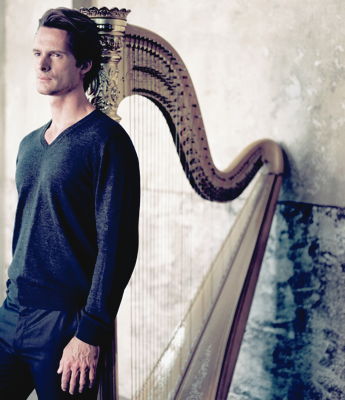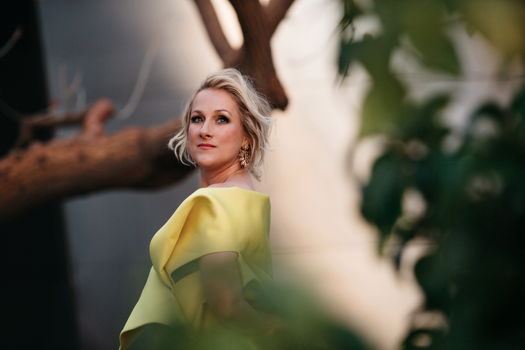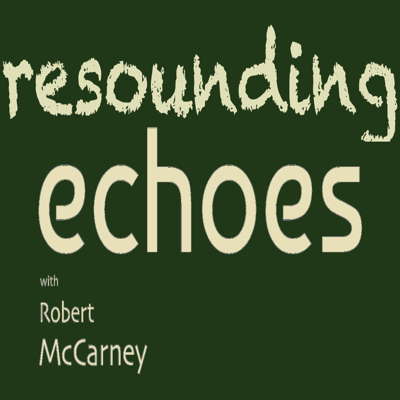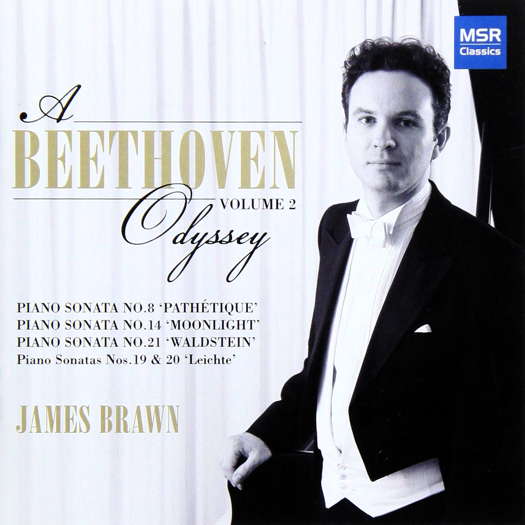- Count Waldstein
- Ihor Borysovych Markevych
- Strauss: Metamorphosen
- zither music
- Kyiv
- Andrew Downes
- Hans Holewa
- Simone Mayr
Lieder with Harp
GIUSEPPE PENNISI reports on a world tour
by Diana Damrau and Xavier de Maistre
Soprano Diana Damrau and harp virtuoso Xavier de Maistre have been working together on a rare and precious project: lieder - ie songs - accompanied not as usual by grand piano or orchestra, but by harp. They are now on a world tour which started last Spring and is planned to continue until June 2020, with interruptions, of course, due to the artists' other commitments. I was able to catch one of their concerts at the Haus für Mozart on 22 August 2019 during their stop at the Salzburg Festival. The dates of the concerts on the tour can be read on the websites of the two artists.
Damrau has already been performing with de Maistre for over ten years. On this tour, they are presenting their fifth programme.
Damrau underlines that the harp is a wonderful harmonic instrument and comes from the lyre - the actual first instrument of accompaniment. It can do much more than a lot of us can imagine. She says that 'Since our first session, and going through songs with Xavier, I was quite surprised and we immediately decided to create a programme together. Xavier has a great understanding for poetry and singers and is an ideal stage partner'.

Xavier de Maistre. Photo © Felix Broede
Singing with harp is different to with the piano - the singer is a bit more exposed, but anything is possible, and there is a bigger spectrum of softer sounds, but a shorter 'reverberation'. Not everything can be played with the harp - for example strong and repetitive chordal scores such as Schubert's Erlkönig", but maybe eighty per cent of the song repertoire can.
The program of concerts on this world tour is Romantic and pastel: a selections of songs by Mendelssohn, Rachmaninov, Vlasov, Hahn, Ravel and Poulenc. Xavier de Maistre also performed two virtuoso matching solo harp pieces.
The Mendelssohn songs, coming from the 'Hausmusik' tradition, are mainly strophic and simpler than those of the more impressionist Rachmaninov, which have an important accompaniment as a real partner in expression, dialogue and atmosphere. The Russian soul is quite present. The French songs in the second part of the programme have a lot of different colours and harmonies. They range from the sonorous, airy, 'chansonesque' and folkloric to the great harmonies of Poulenc with his intellect and humor.

Diana Damrau. Photo © 2017 Jiyang Chen
In short, this was a very sophisticated programme for quite a sophisticated audience. On 22 August, Haus für Mozart (with nearly 1,500 seats) was full, and the audience showed its appreciation with warm applause and requests for encores. The artists obliged with three charming songs from their repertory.
Copyright © 10 September 2019
Giuseppe Pennisi,
Rome, Italy

MORE REVIEWS FROM THE SALZBURG FESTIVAL
FURTHER INFORMATION: DIANA DAMRAU
FURTHER INFORMATION: XAVIER DE MAISTRE




